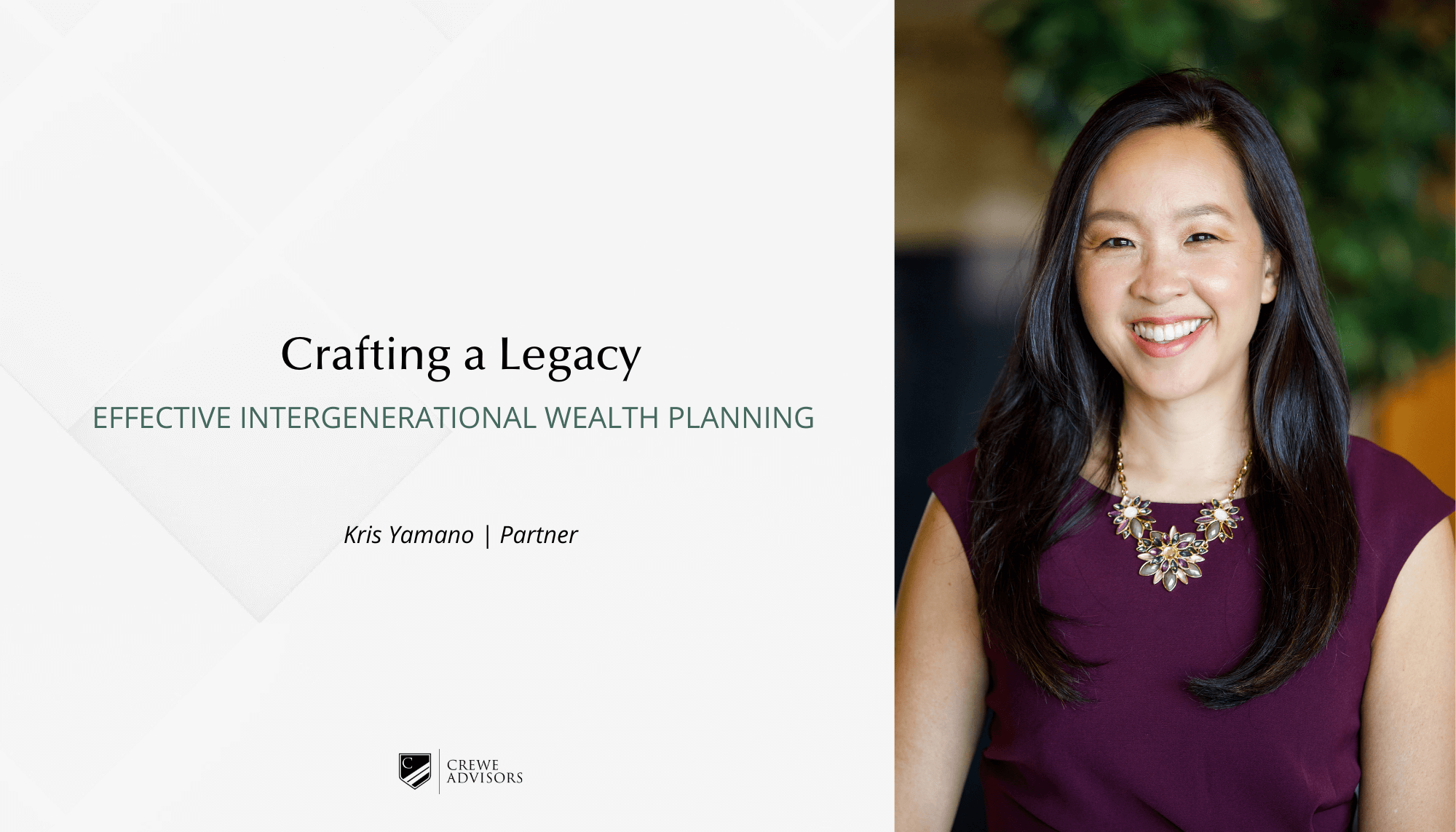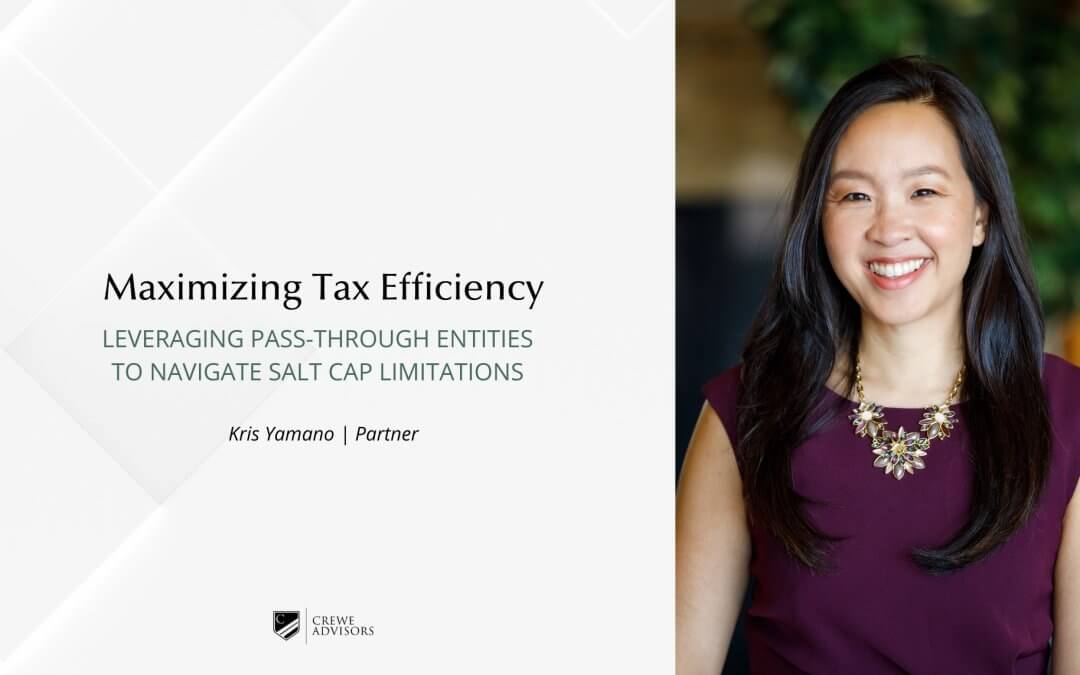Intergenerational wealth planning can make some families feel like they’re trying to create a masterpiece from a block of marble. There is so much pressure for each chisel mark to be perfect, and every misstep feels like it could ruin the whole sculpture. The good news is that effective intergenerational planning is not a pass or fail project. Unlike in art, where beauty is in the eye of the beholder, there are a myriad of key considerations that can help families ensure the intergenerational planning they do for their families lasts the test of time.
It is a well-documented fact that high net worth families lose 70% of their wealth by the second generation – and a heart-breaking 90% by the third generation. Intergenerational wealth planning is such an effective tool in helping families carry out their goals for multiple generations. Protecting family assets, providing for the family, and reducing the sting of income and estate taxes, all while encouraging stewardship and preserving core family values should be the mission of effective planning.
In this blog post, we’ll cover the essential “do’s and don’ts” of intergenerational wealth planning.
Do’s:
Prioritize Yourself: Go through the exercise of creating a clear picture of your assets and income sources and prioritize your own cash flow and lifestyle needs first. Ensure your planning first accounts for all your needs through your expected lifetime before making any significant gifts of your asset base.
Set Clear Objectives & Goals: Spend time developing clear goals and objectives for wealth transfer, considering the needs and aspirations of future generations. There are many different strategies available to accomplish your goals – it may be tempting to focus exclusively on the tax savings you could achieve, but make sure you understand how any strategy you employ helps your family to achieve its overall legacy and charitable goals first and foremost.
Start Early & Review Often: The current estate & gift tax exemption amount is at an all-time high and expected to sunset at the end of 2025. In addition, any individual can gift up to the annual exclusion amount each year ($17,000 in 2023) to as many donees as they wish without utilizing their lifetime exemption. Taking advantage of these higher exemption levels and multiple years of annual gifting could result in substantial tax savings and increased wealth preservation for your family.
Establish Clear Communication: Encourage open and honest communication within the family regarding your wealth transfer plans, ensuring everyone is on the same page. Set younger generations up for success by explaining your core values and beliefs. Open communication gives your heirs an understanding of the intent behind your estate plan and may help reduce potential family discord.
Don’t
Overcomplicate or Overplan: Carefully consider the reasons why you are putting certain strategies to work and make sure you understand the pros and cons of the components of your planning. Transferring assets now may result in less estate tax paid down the road but will likely hamper your ability to enjoy or control those assets today. Certain planning strategies carry a significant amount of associated costs and administrative burden – always aim for the simplest solution to the issue you are trying to solve.
Jump on the Bandwagon: Information overload is part of today’s society, and while certain planning tools and techniques may get a lot of attention among your friends or on social media, they may not be the right fit for your unique situation. Don’t assume that because “everyone” is doing it that you should too! Work with your advisors to illustrate what potential strategies could look like and make sure they are the right fit for your family’s goals.
Assume That Fair Means Equal: Some beneficiaries are more capable of stewarding wealth than others. Some may need additional assistance due to special needs or circumstances. You are in the best position to understand your beneficiaries’ unique situation and should ensure your planning accounts for any differences. Don’t feel compelled to treat everyone the same. Taking the younger generations’ ideas and viewpoints into consideration can certainly be helpful, but ultimately you should make the decisions that you believe work best for the whole family now (and going forward).
Planning for intergenerational wealth is a continual process that requires a lot of careful consideration and attention to detail but should not feel like an intimidating one. Crafting a plan that is flexible and grounded in your family’s core values and goals is more important than getting it exactly right. Whether you’re just starting your journey or looking to refine your current plans, these insights should help you shape your family’s financial future into a work of art the whole family can be proud of.










